New Tax Code, Restart of Economy and Nuclear Power Plants: Experts on Toqayev's Address
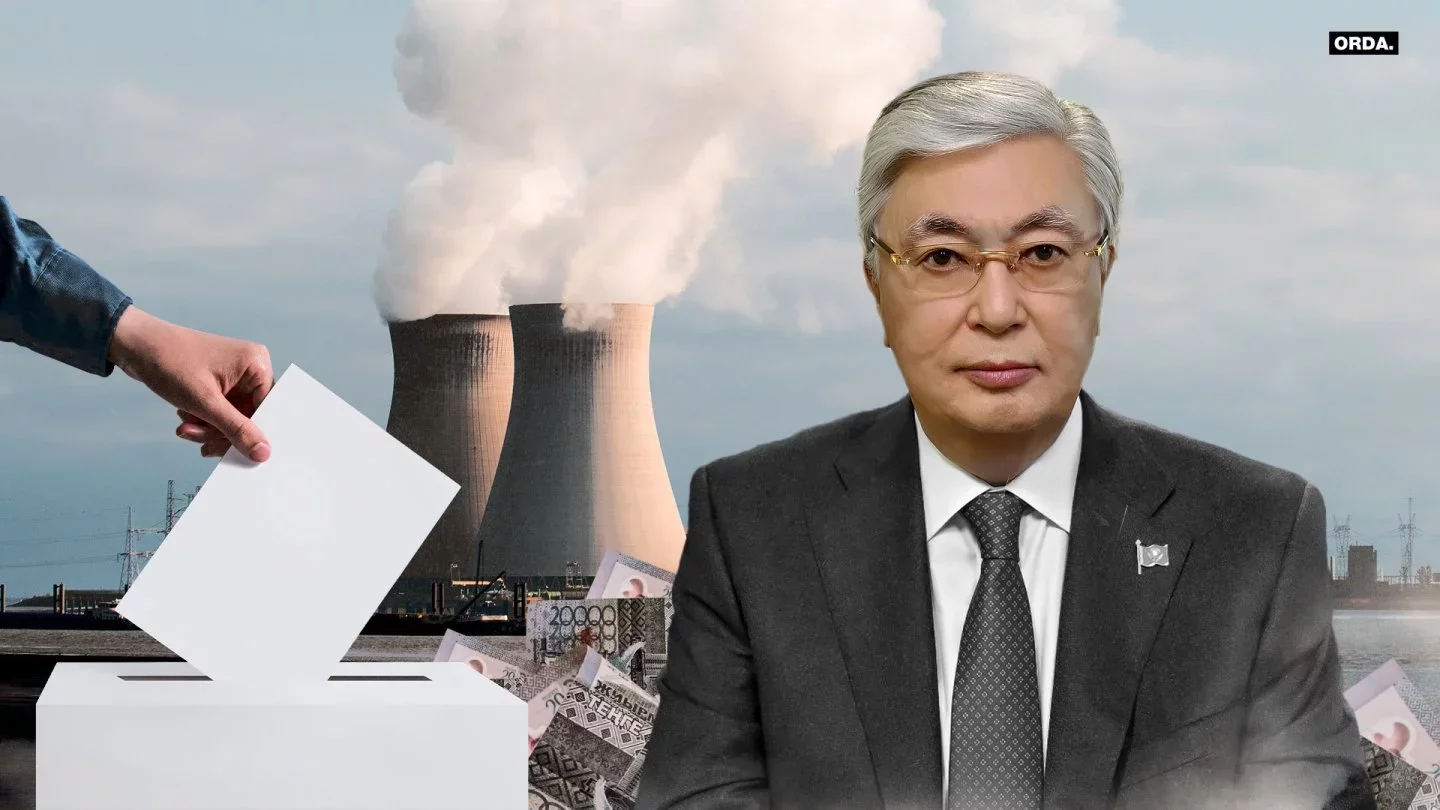
On September 2, 2024, the President of Kazakhstan, Qasym-Jomart Toqayev, delivered his annual Address to the Nation. The address covered several key topics aimed at the country's socio-economic development. Orda has asked experts to comment on it.
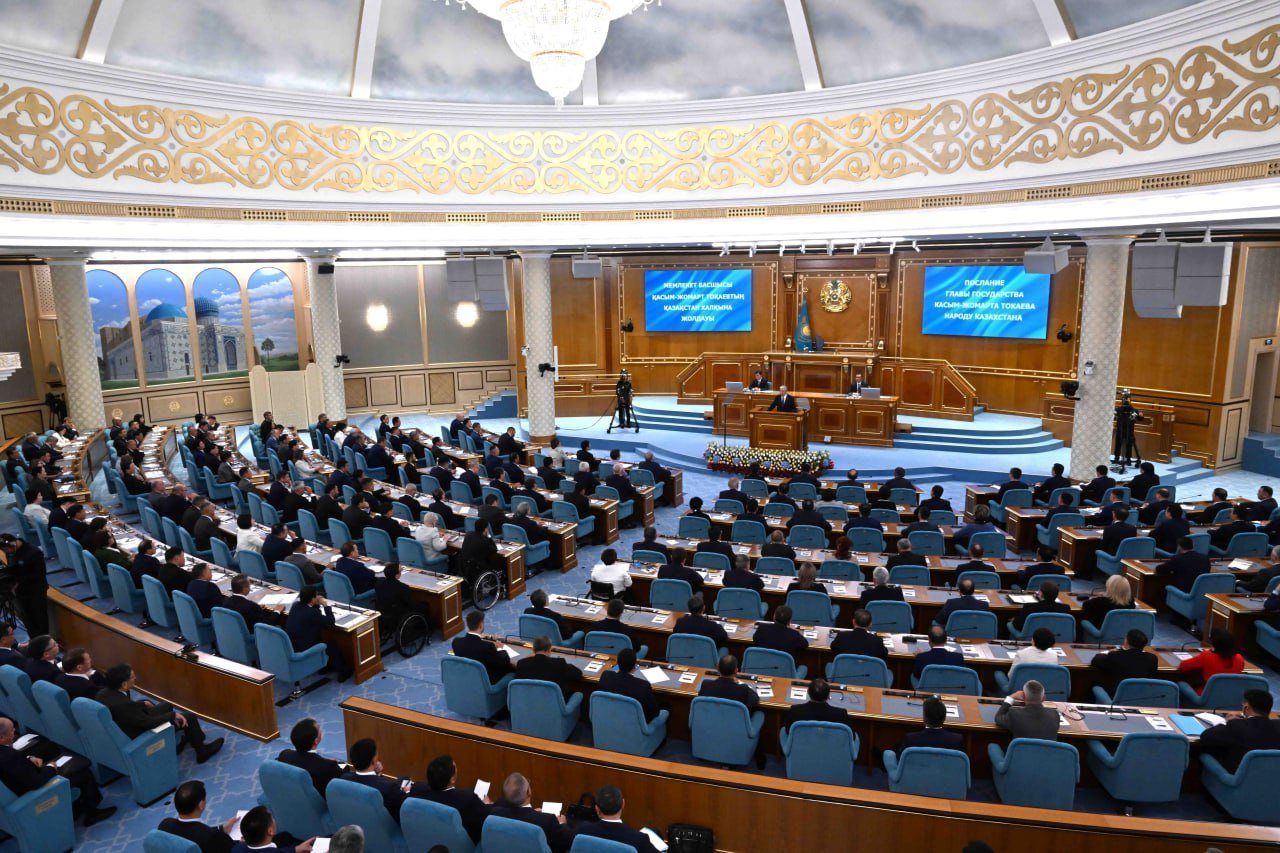
Tax Policy and Economic Reforms
Toqayev stated the need to revise the Tax Code to adapt it to modern conditions. He emphasized that the new code should be understandable and fair for all citizens and entrepreneurs. The adoption of the new code has been postponed until next year to develop it thoroughly.
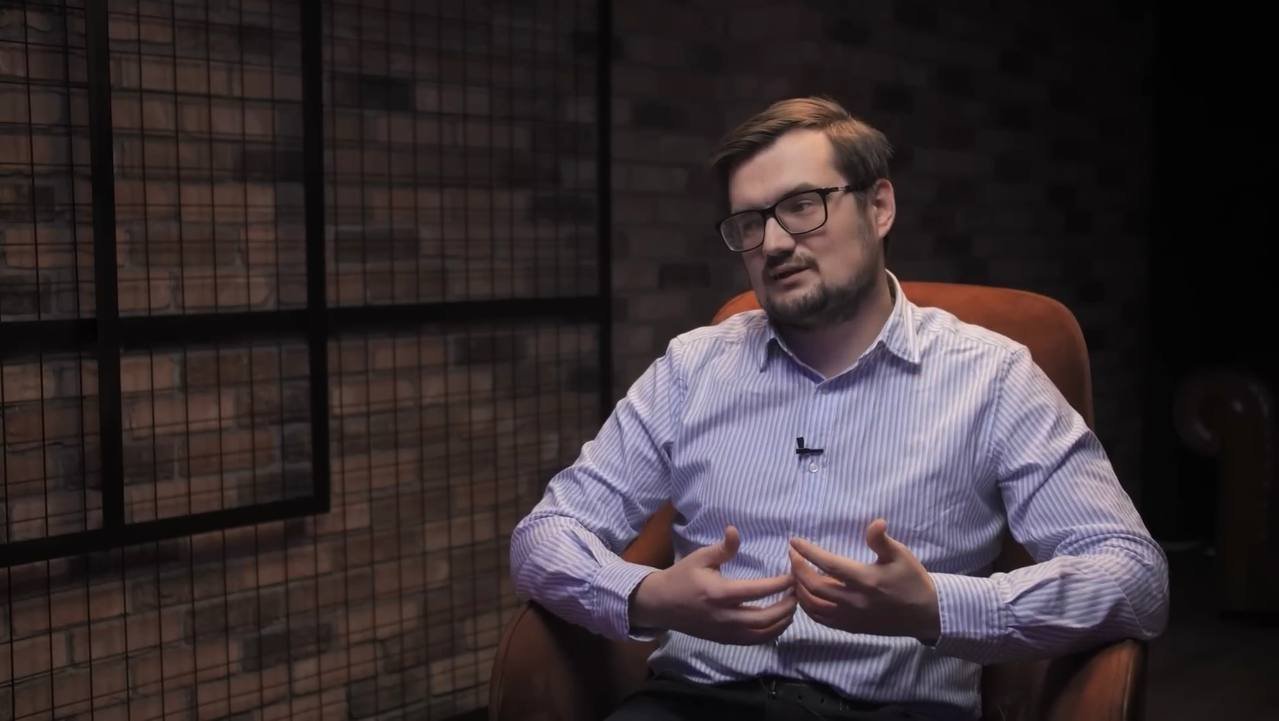
Economic analyst Yuri Masanov believes that the address is primarily devoted to pinpointing the correction of several accumulated issues. The expert cites the law on banks, which was adopted quite some time ago. However, with the development of new financial technologies, it has become outdated.
One of the main problems that the state apparatus sees is that banks are reluctant to lend to the real sector of the economy, that is, conventional enterprises. This is mainly compensated by state development institutions with their lending, but second-tier banks have a lot of potential resources, and they could support economic growth. Another issue is that with the current base rate, loans are costly, and large projects simply cannot afford them, said Masanov.
Masanov believes it remains to be seen how the state apparatus will cope with this instruction. He says it should be remembered that the new law should be balanced, i.e., incentivizing banks to invest in the real sector, not forcing them to do so.
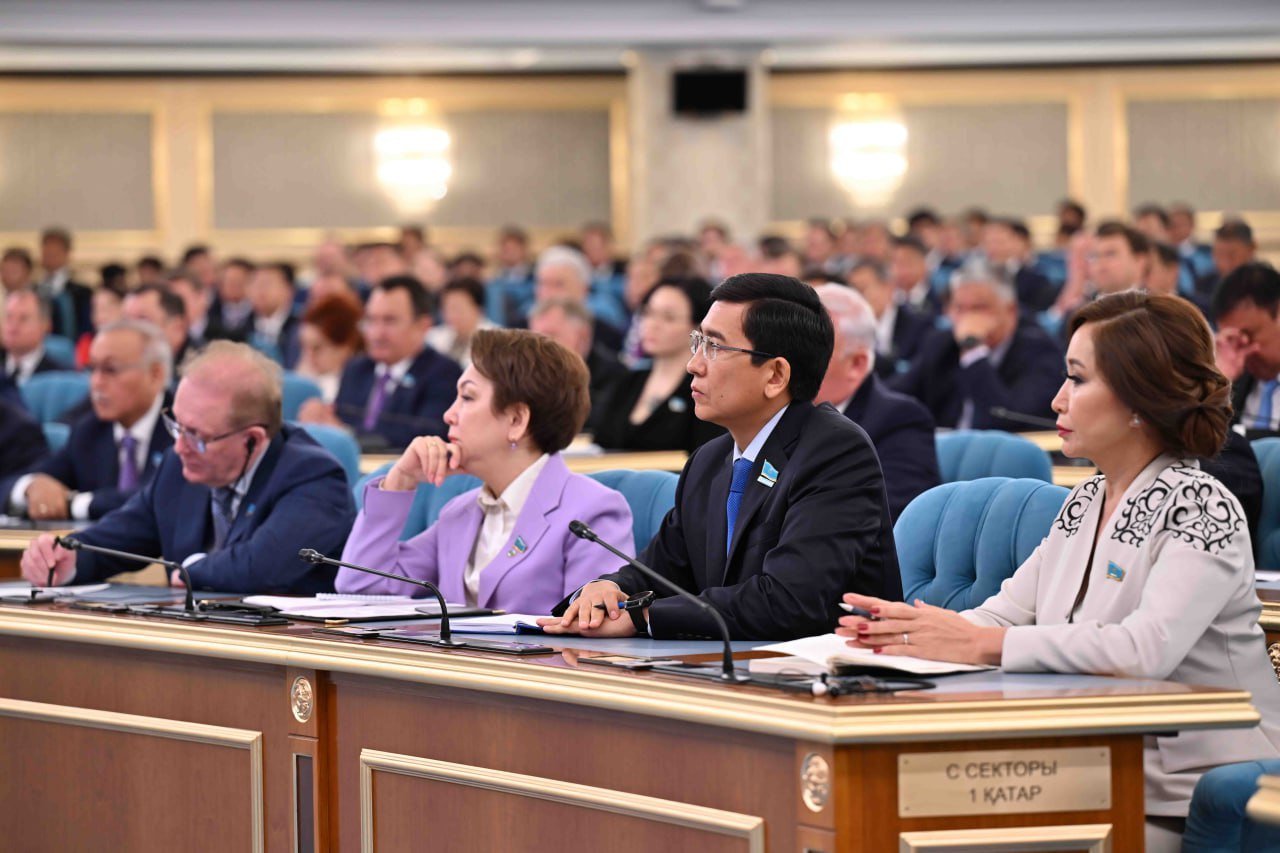
The National Fund, the state apparatus' main "rainy-day fund," is another notable point. The President stated that the National Fund's resources should primarily serve the interests of our state and be used to achieve strategic goals rather than serve foreign financial institutions.
I think that this is a direct call to invest money from the National Fund in projects within Kazakhstan. There really are things to invest in - this includes infrastructure, energy, and manufacturing. A lot of money is needed everywhere, and the National Fund could provide this money. The main thing is that the following conditions are met: full repayment, adequate markets for remuneration rates, a clear choice of strategic projects with their justification, total control over spending. If this is observed, then why not invest the National Fund's funds in projects that the country needs, added Masanov.
Masanov noted that good roads, industrial development, and stable energy are investments for future generations in Kazakhstan. The crux is always implementation — there must be strict supervision by officials and the public.
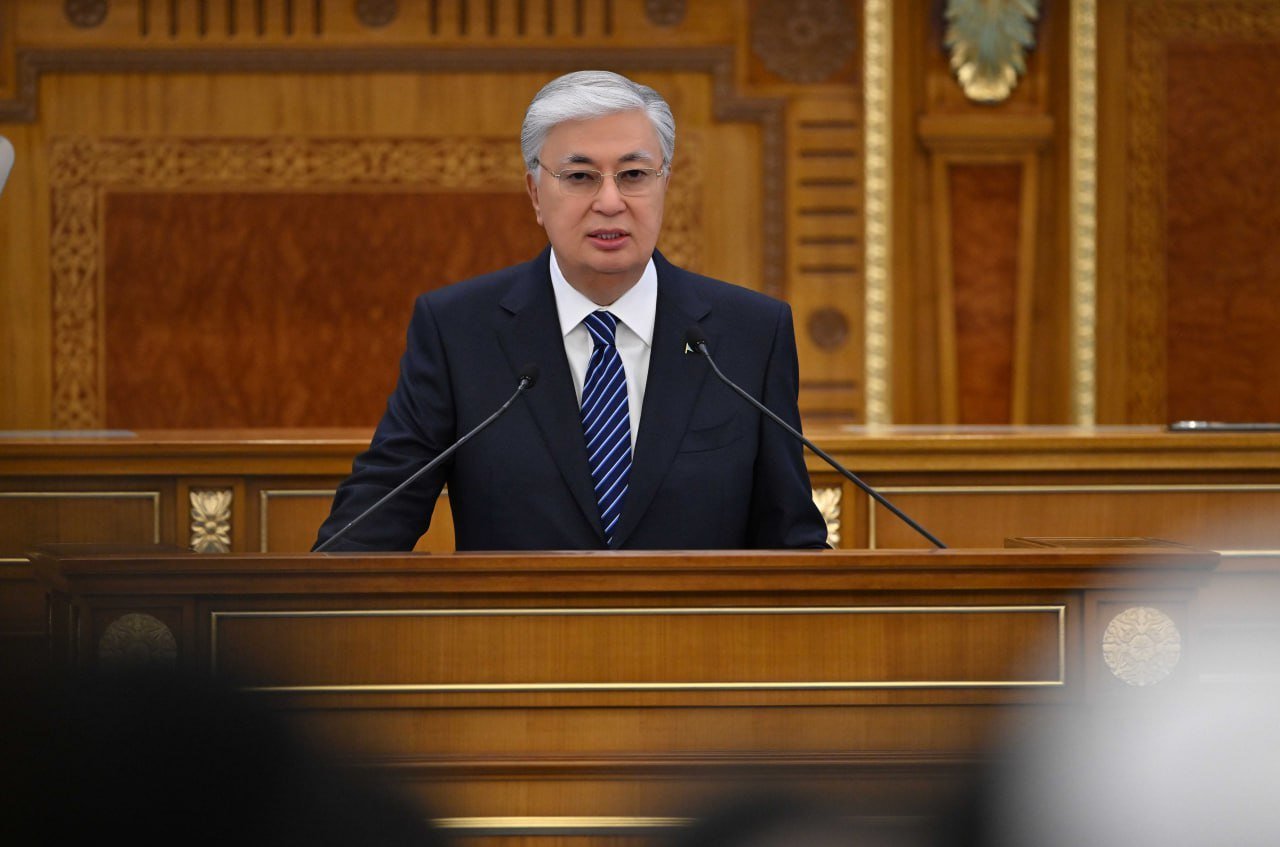
Another highlight is the new Tax Code.
Officials have rushed to complete it as quickly as possible all year, but the final version did not satisfy either business or the president. Therefore, Toqayev instructed its completion be postponed until next year.
Political scientist Gaziz Abishev believes the postponement is due to disagreements between business representatives and government officials.
I think the problem is that they can't find a compromise on the version of the Tax Code. Officials instinctively develop it, leaving many loopholes that allow them to maintain strict control and, if necessary, tighten it. At the same time, business people and their associations offer more liberal projects that, in their opinion, can ensure economic growth. Any draft Tax Code goes through stages of approval, and each time, tough arguments are put forward against it, so a compromise option capable of restarting the economy is not developed, noted Gaziz Abishev.
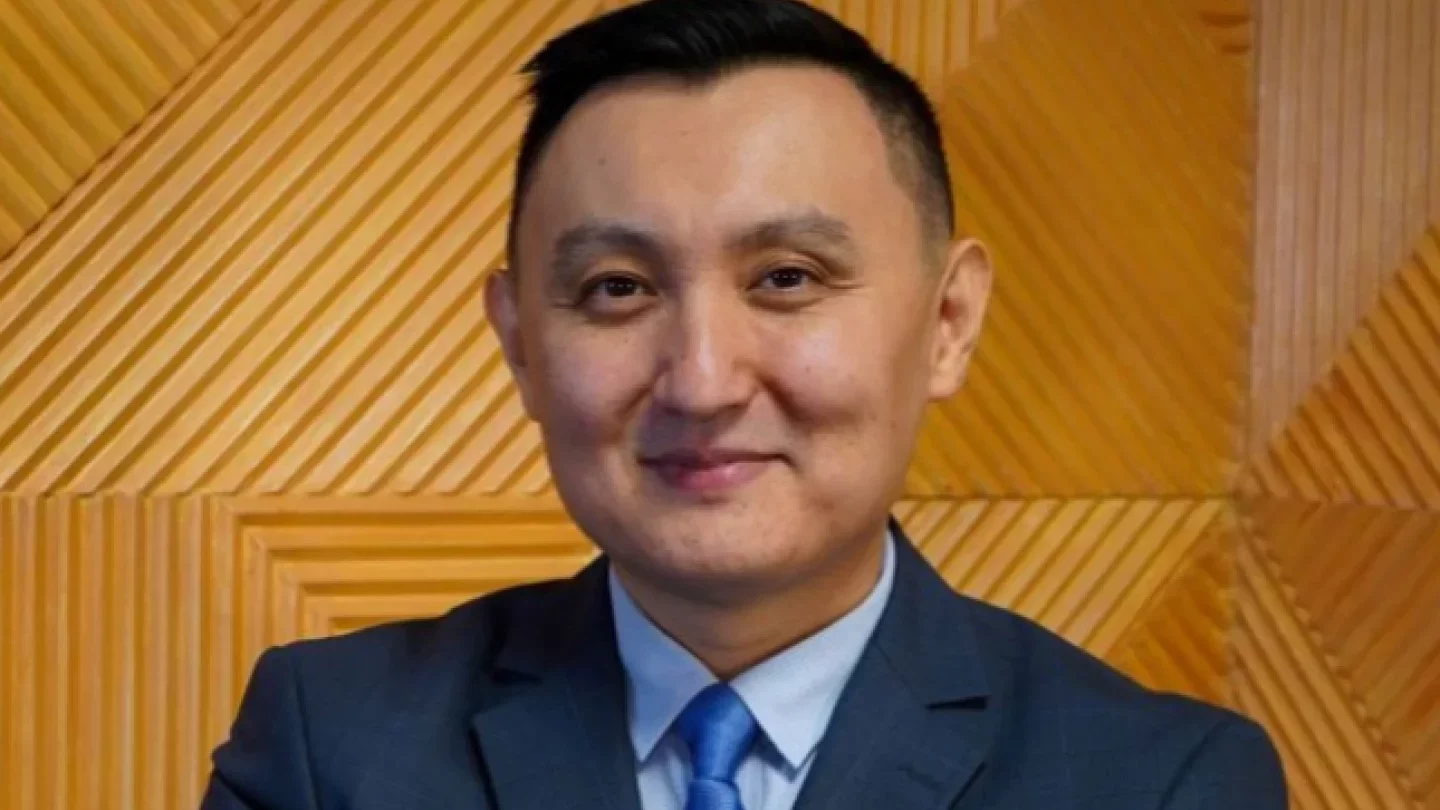
According to the political scientist, basic criteria are considered when developing the code: simplicity, efficiency, focus on economic growth, as well as experts' and state auditors' opinions. To comply with all the nuances, it was necessary to postpone the adoption of the document - otherwise, we would have to clean up the repercussions.
This will allow us to create a more solid project that will largely rely on new economic realities if the problem of the budget crisis is now somehow drastically resolved, said Gaziz Abishev.
The differentiated income tax the president discussed will likely be progressive — the super-rich will pay more. The political scientist still doubts that this can significantly affect budget revenues.
To not drive people from the middle class into "gray incomes," the tax rate will be raised conditionally only after a million tenge of monthly income. This will not greatly affect the stability of the budget; it is simply an element of social stability, Gaziz Abishev believes.
According to Abishev, the new forms of budget control that the president spoke about may include additional digitalization tools. But this is likely part of internal apparatus games — perhaps on the part of the Supreme Audit Chamber or the Ministry of Finance, which will try to gain more authority through this initiative.
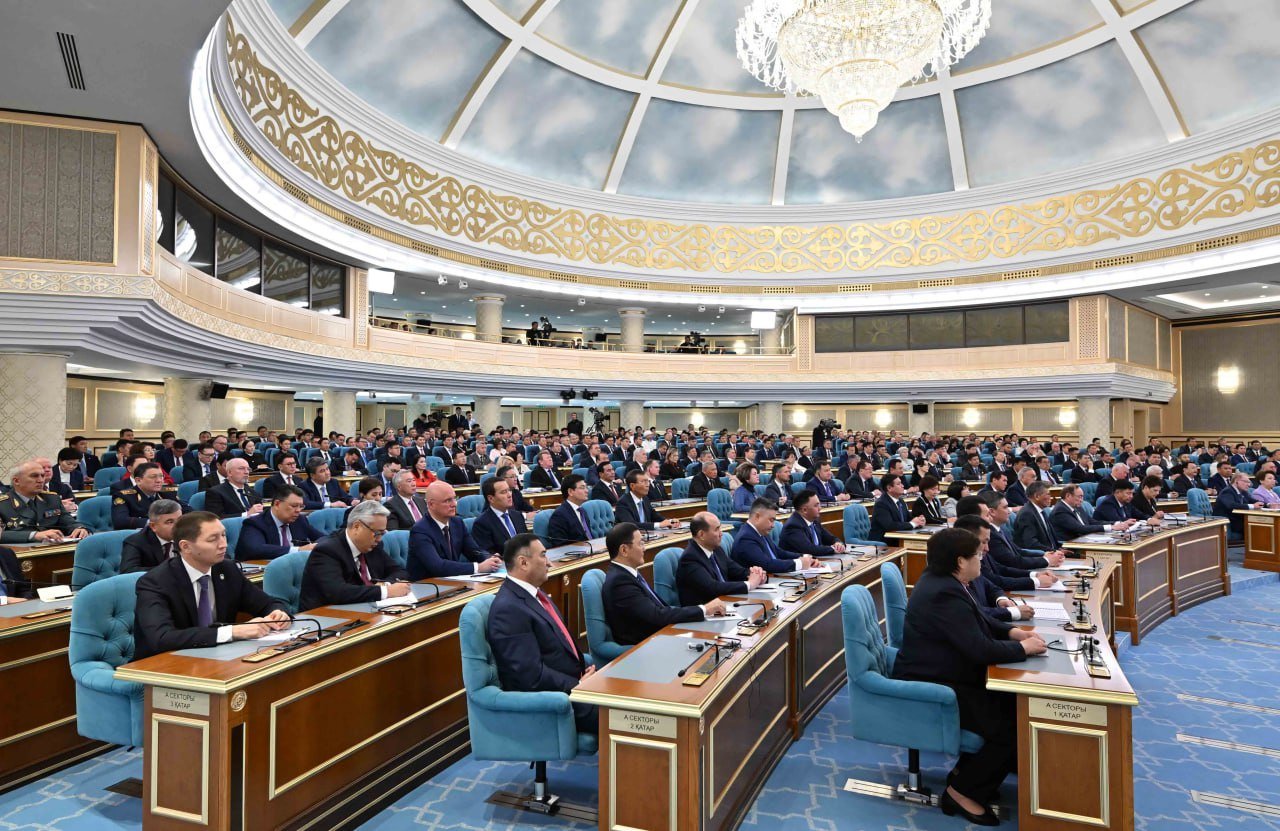
In addition, the president urged Kazakhstani oligarchs to participate actively in the country's economy and not delay returning assets, emphasizing that otherwise, they would be subject to stricter measures.
This section of the speech reflects Toqayev's desire for a fair distribution of resources and a reduction in corruption.
Referendum and Akim Elections
Toqayev announced a referendum on constructing a nuclear power plant. It is set for October 6, 2024. He noted the importance of public agreement on such vital issues, emphasizing that the topic of the NPP has been discussed for a year. But at the same time, the president later mentioned the need to combat provocateurs. And some officials call opponents of the NPP as such.
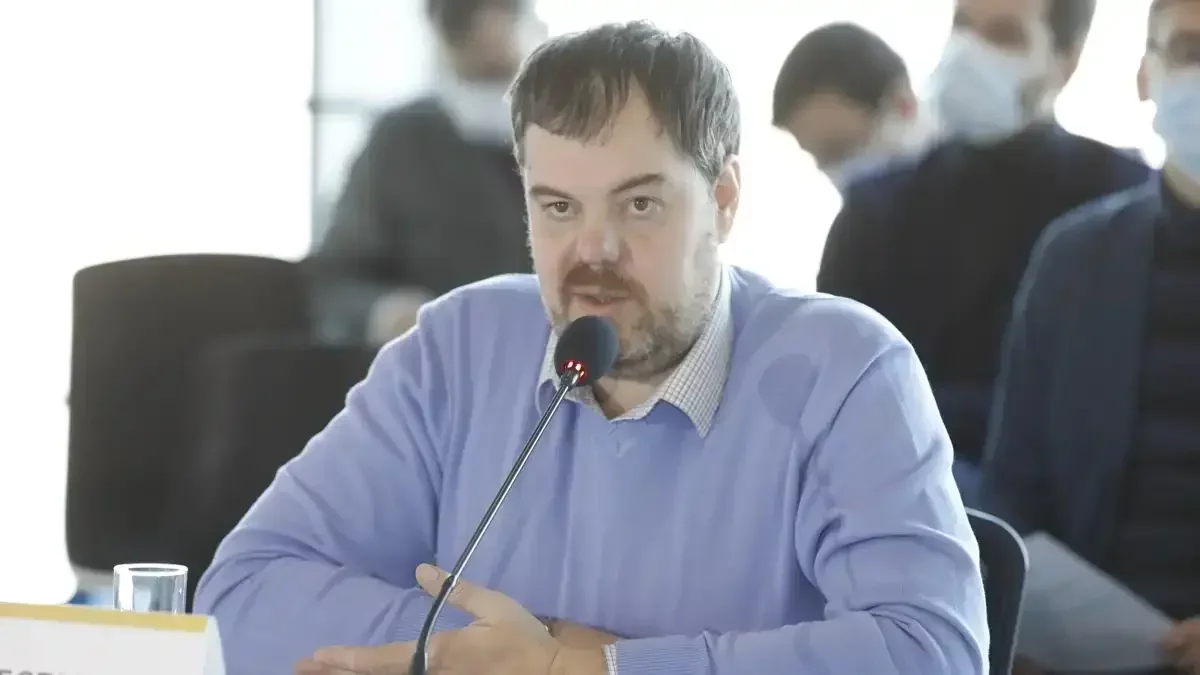
Political scientist Andrey Chebotarev commented on the decision to elect Akims of cities of district significance.
Last year, as you know, pilot elections were held in 45 districts and three cities. They will soon be working for a year, we would like to know about the interim results of their work, how the local population treats them, to understand what kind of return comes from the elected Akims. How do they interact with the higher-ranking Akims of the regions? In general, let's hope that the Presidential Administration or the government will somehow voice this information so that it is clear, said Chebotarev.
In his opinion, these elections are already stimulating political parties, public associations, and individual civil activists to prepare for them gradually; they should nominate their candidates and prepare the appropriate base and resources. They previously began election preparations only after the start of the election campaign.
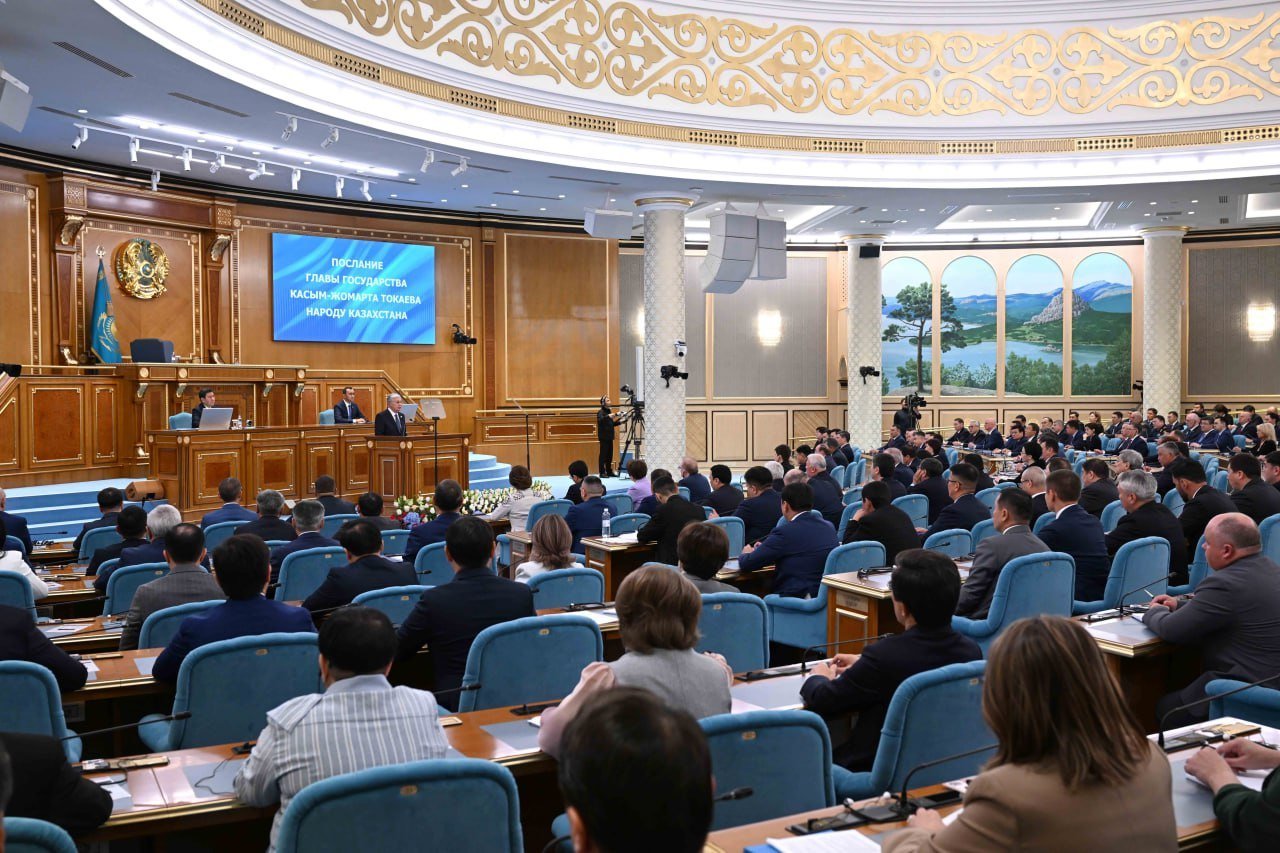
There is a good proverb: "Prepare your sleigh in the summer." In many foreign countries, political parties live by participating in elections constantly. They hold local elections, and after that they are already involved in preparing for the parliamentary elections. After that, they prepare for the presidential elections. That is, they do not live from election to election. They live for elections. We have not yet reached such a culture. And it will be good - just now, the president announced that next year, there would be these elections (the transition to a permanent system of electing Akims of cities of regional significance). Different parties have four months of this year to start preparing for them, the political scientist noted.
The electoral legislation still has gaps and imperfections, but the expert believes the parties represented in parliament can gradually eliminate them.
We need to have clear laws. In particular, a law on local self-government, which we don't have yet, but there was an attempt to introduce it, then the government withdrew it. We will also need to introduce a separate law on public administration, in order to somehow differentiate, added Chebotarev.
According to him, there is no need to fear attempts to violate the law if there is precise control, transparency, etc.
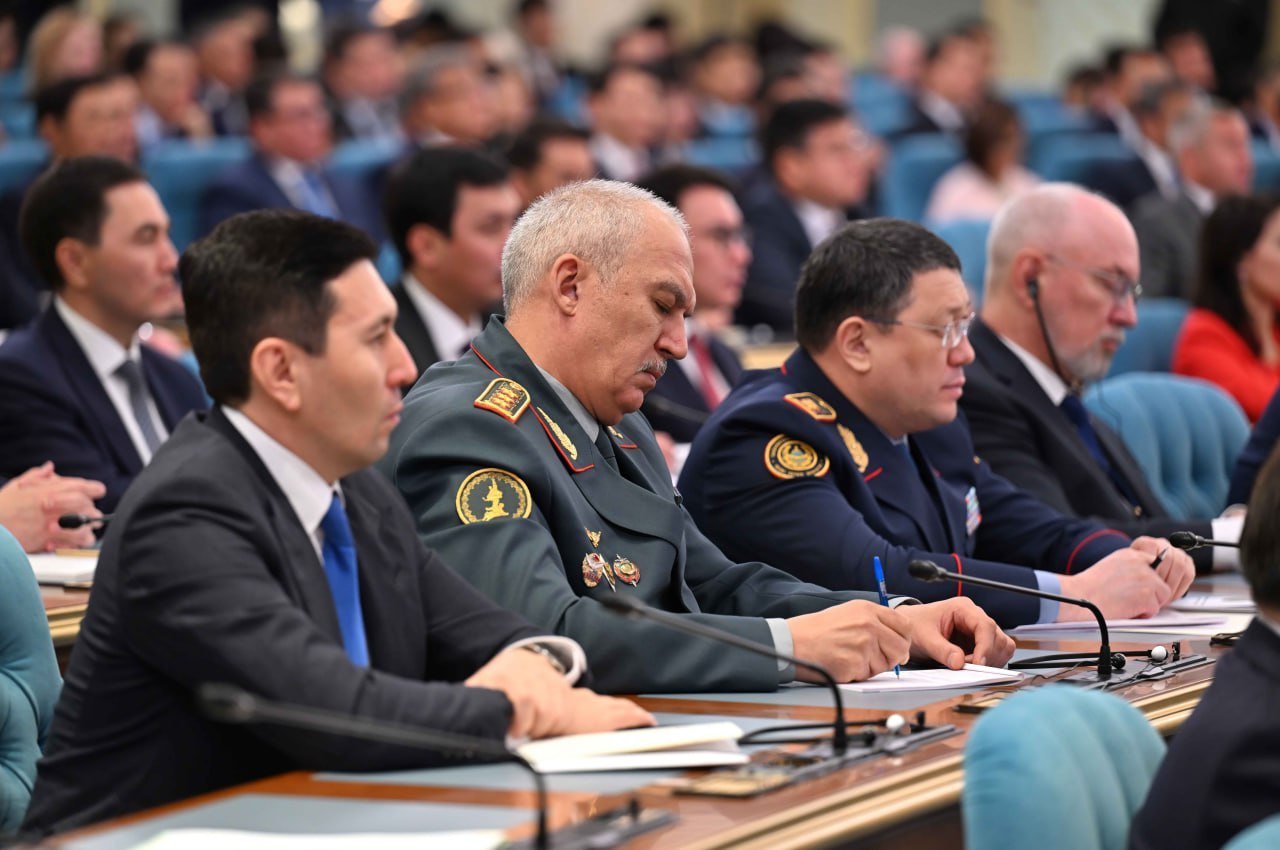
Innovation and Digitalization
Toqayev instructed the launching of the National Artificial Intelligence Center in Astana, part of the country's broader digitalization program. He also emphasized the importance of creating conditions for the safe implementation of innovations, particularly in the banking sector.
President of the Internet Association of Kazakhstan Shavkat Sabirov, commenting on the president’s address, spoke about the prospects for introducing artificial intelligence in Kazakhstan, noting that using advanced technologies requires significant financial resources, which not all countries have.
Firstly, it is very good that we can start using artificial intelligence in all our decisions. However, there are fewer countries that have artificial intelligence than countries that have nuclear weapons. I think you can count them on the fingers of one hand. And there are already more than 10 countries with nuclear weapons, I think, so the fingers of two hands are not enough, Sabirov emphasized.
Sabirov says working with artificial intelligence requires substantial financial investments.
That is why today, for example, the USA, Russia, China, Germany, which have created institutes and invest billions of dollars, can afford it. The Japanese also have their own institutes for artificial intelligence. But these countries have significant financial resources, much greater than Kazakhstan. After all, investments in artificial intelligence are still just investments, not practical applications, he added.
Sabirov believes Kazakhstan should exercise caution when investing in such projects:
"For example, I would rather direct this money to support small and medium-sized businesses. I would rather invest it in the economy than give it to artificial intelligence, because the required volumes are simply colossal. I believe that this money would be useful for the economy to boost the industry, which, unfortunately, is now in a difficult situation, said the president of the Internet Association.
He also noted the problems with digitalization in Kazakhstan, emphasizing that a legitimate transformation has not yet been achieved.
For example, there is no digitalization in secondary school apart from a few decisions regarding the schedule and classes. In higher education, apart from the information systems that universities or institutes use, digitalization also has its limitations. Therefore, digital transformation entails an understanding that transformation is taking something and remaking it into something new, the expert believes.
Sabirov believes that Kazakhstan should have started digital transformation for e-government and digital services back in 2013.
Everything else we have requires regular digitalization. There are no digital projects in any industry, except that all companies - for example, in the economy or production - are digitalized, but we do not have a digital economy as a whole. Here we can say that we still have a lot of work to do on digitalization, he stated.
Sabirov cited healthcare as an example, noting that although the system is digitalized for doctors and nurses, it is not customer-oriented.
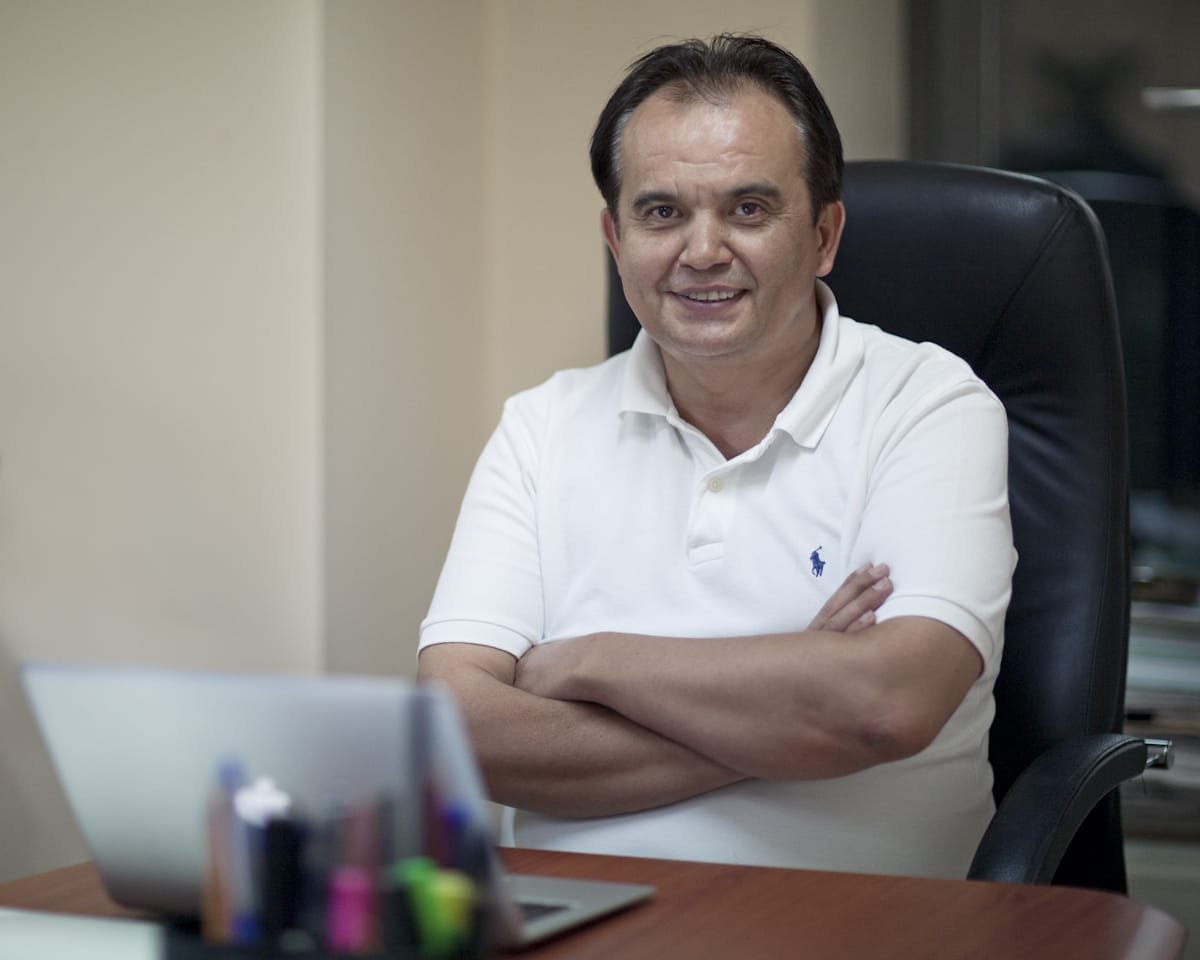
Yes, we have mobile applications where you can get test results or sign up for a queue, but it’s hard to call this digitalization, he noted.
Shavkat Sabirov also touched on the topic of crypto mining, emphasizing that, despite the initial enthusiasm, Kazakhstan faced electricity shortages caused by mining companies' power consumption.
I cannot predict the future, but I want to note that when a new direction appears - for example, mining or cryptocurrency - we immediately strive to be the first. But as soon as mining companies came to us and it became obvious that they consume more electricity than the production process, we realized that we did not have enough electricity. That is why the president said that it is necessary to put things in order in this area so that we do not remain without energy and the budget receives additional funds, he added.
Sabirov stressed the importance of national programs, such as the program to reduce digital inequality, implemented in 2005-2006. He also noted the need to create a national program on security and training in safe Internet use, highlighting that this is no less important than wearing masks during a pandemic.
We need to popularize digital hygiene and cybersecurity among the population, not just among officials. We need the same posters as, remember, during the pandemic, when Kazakhstanis were urged to wear masks to protect themselves from the coronavirus. This should be the same here. This should become a national idea for a digital country, he summed up.
Fighting Crime, Drugs and Provocateurs
Qasym-Jomart Toqayev has also instructed to reduce crime in the country. This concerns both the fight against organized crime and counteracting fraudsters. The government and financial regulators stand to introduce educational programs on financial literacy and digital hygiene in schools and universities. All authorized bodies must take decisive measures to combat fraud and related offenses that affect law-abiding citizens.
According to Toqayev, the necessary legislative measures have already been adopted. However, no concrete results are visible. It cannot be said that state structures, including law enforcement agencies, are operating effectively. The situation with narcotics is getting worse, the president stated.
Toqayev also spoke about provocateurs trying to incite discord in the country, including for money.
I don't think the president had in mind the institution of petitions. He said, in general, that we have populists and other dishonest people who participate in politics, one way or another, provoking citizens to (commit - Ed.) various illegal actions. And he is right because if you look at who is posting what on social networks, some provoke all but a civil war or an interstate war, constantly expressing opinions that violate both interethnic and interreligious harmony, interfering in foreign policy affairs. Of course, all this needs to be monitored, said political scientist Andrei Chebotarev.
The expert believes extremes must be avoided, and people must not be prosecuted for expressing their point of view. If there is a threat of provocation, one must consider whether these actions fall under specific criminal law articles.
If there is no precedent, then please let people speak because we still need to respect the opposition's point of view. Therefore, it is difficult to find a middle ground here, but it is already good that, incidentally, in the legal issue, the president said that we need to adopt a law on the prevention of offenses. This means that we do not need to initiate administrative or criminal cases against everyone; we need to stop this without taking it to extremes. Communicate with people, we have departments of social development, there are law enforcement agencies that can really stop some things at the level of communication with people, added Chebotarev.
Toqayev's address caused wide-range discussion in society since many of the announced initiatives concern key aspects of the lives of Kazakhstanis and the development of the country.
Original Author: Ilya Astakhov
DISCLAIMER: This is a translated piece. The text has been modified, the content is the same. For accuracy, please refer to the original article published on 02/09/24 in Russian.
Latest news
- Over 30,000 Join "Batyrlarga Tagzym" Memorial March in Almaty
- Kazakhstan: President Extends Congratulations on Victory Day
- "Adil Soz" Issues Statement after Incident Involving Orda.kz
- Toqayev Holds Bilateral Meetings with World Leaders in Moscow
- India and Pakistan: Kazakhstan’s Foreign Ministry Urges Restraint
- Sheikh Khalid bin Mohammed to Visit Kazakhstan for Talks with Toqayev
- Toqayev Meets with Maduro in Moscow, Invites Venezuelan Leader to Kazakhstan
- Kazakhstan Mulling Changes in Oil Sector R&D Contributions - Expert
- Putin and Xi Strengthen Moscow-Beijing Ties Amid Victory Anniversary
- Senator Calls for Overhaul of Kazakhstan’s Demographic Policy
- Kazakhstan: ATM Withdrawals Hit 6 Trillion Tenge as Cash Usage Grows
- Kazakhstan Confirms Airport Management Talks with Vietnam, Denies Sale
- Kazakhstan Wins $50 Million Arbitration Case Over Almaty–Khorgos Road
- Toqayev Arrives in Moscow for Victory Day Parade, Putin Sends Congratulatory Messages
- Kazakhstan Begins Drafting New NGO Law
- Alel-Agro Receives Land for Poultry Farm After Local Dispute and Delays
- Expert Warns of Economic Risks Amid Falling Oil Prices
- National Bank Issues Unique 1,000 Tenge Banknote for Victory Anniversary
- Kazakh Senate Approves U.S. Land Lease for New Consulate in Almaty
- Criminal Case Against Priest Iakov Vorontsov Closed Due to Lack of Evidence

